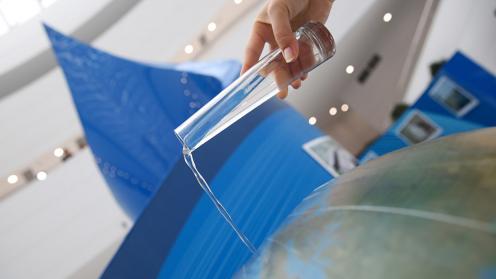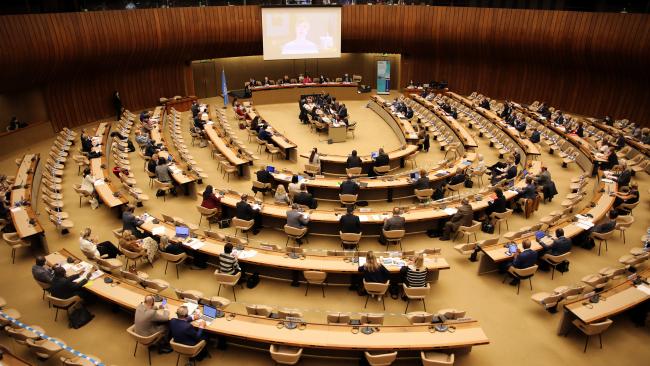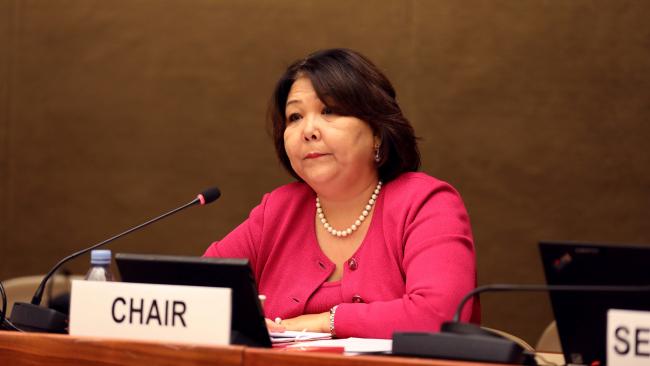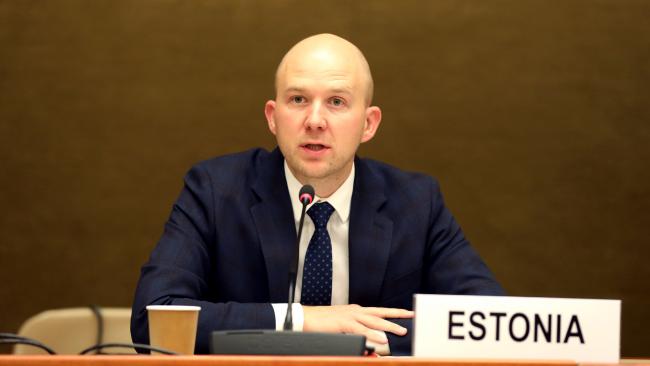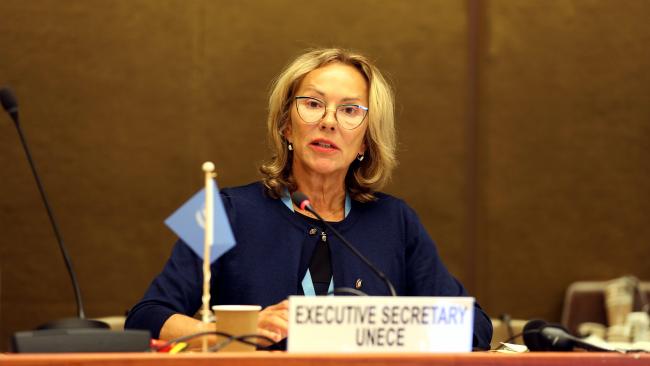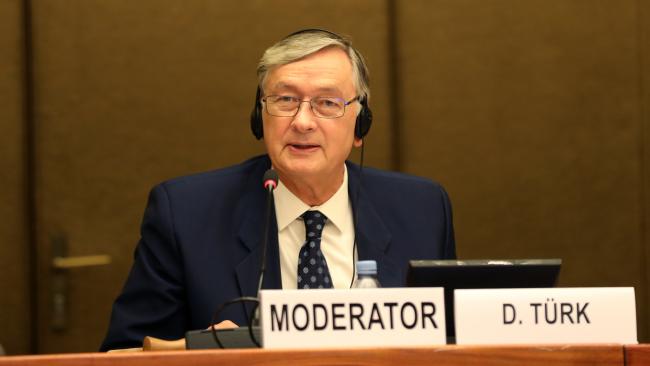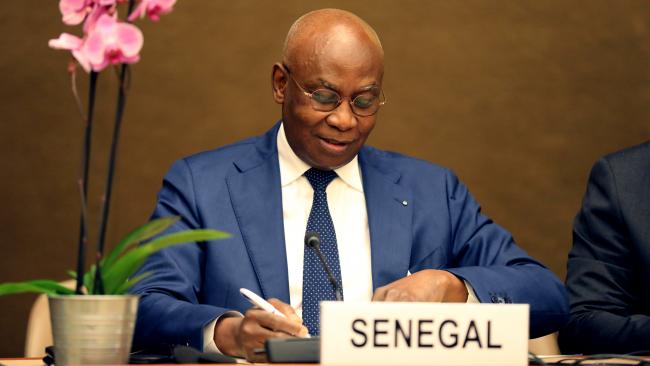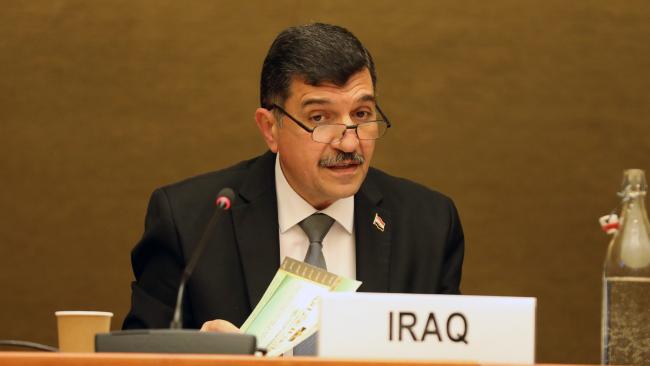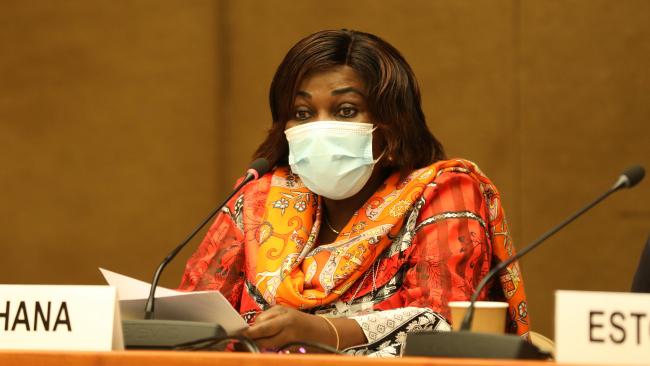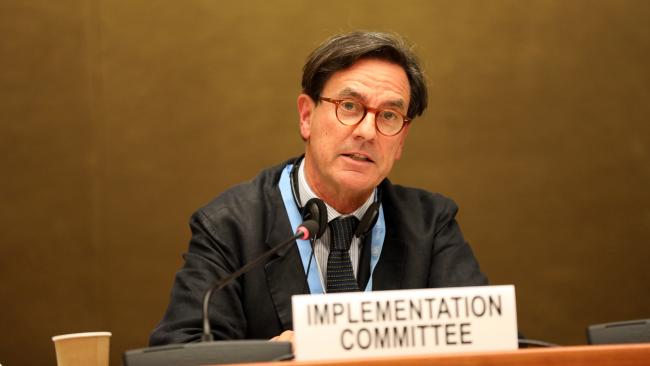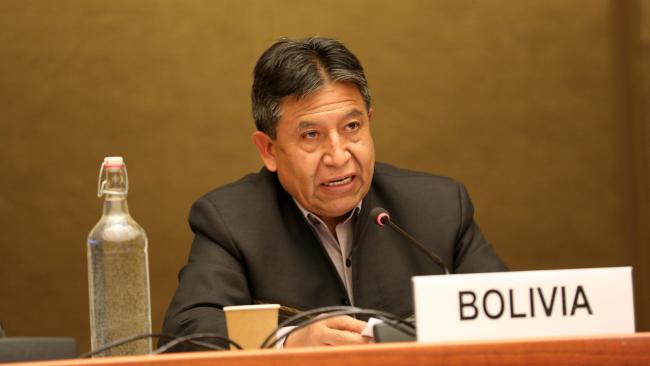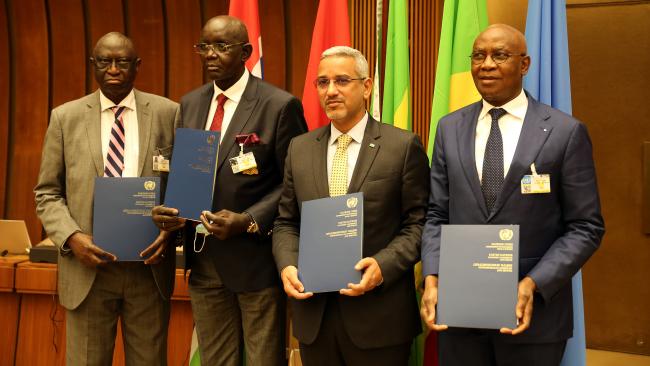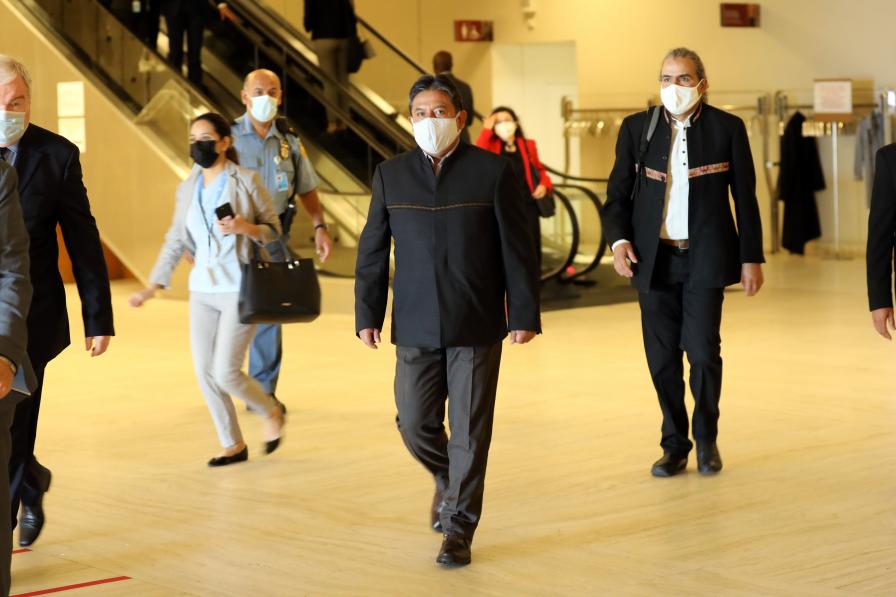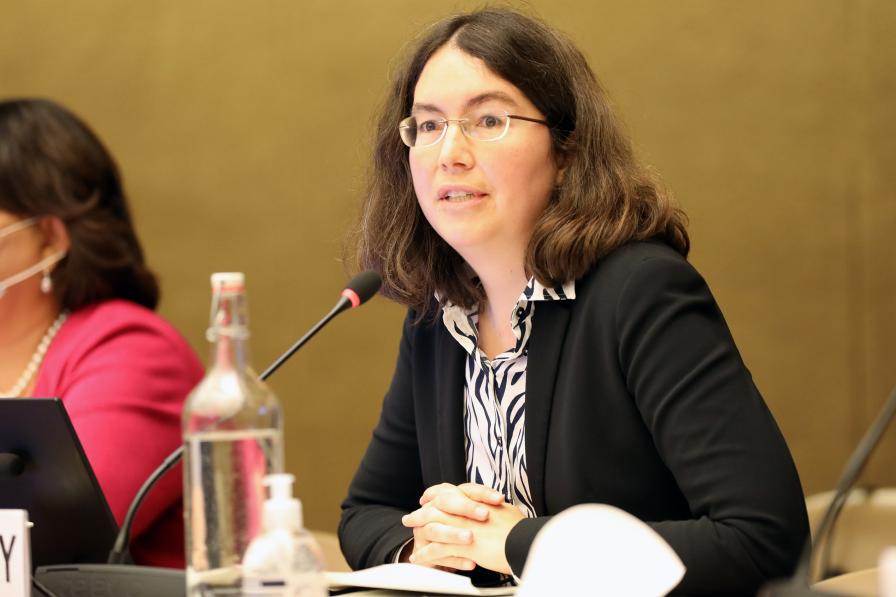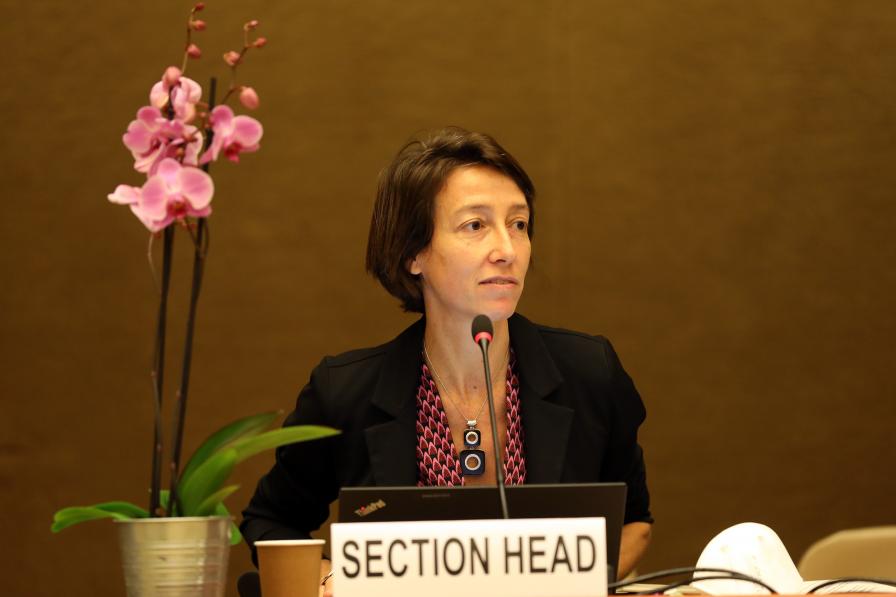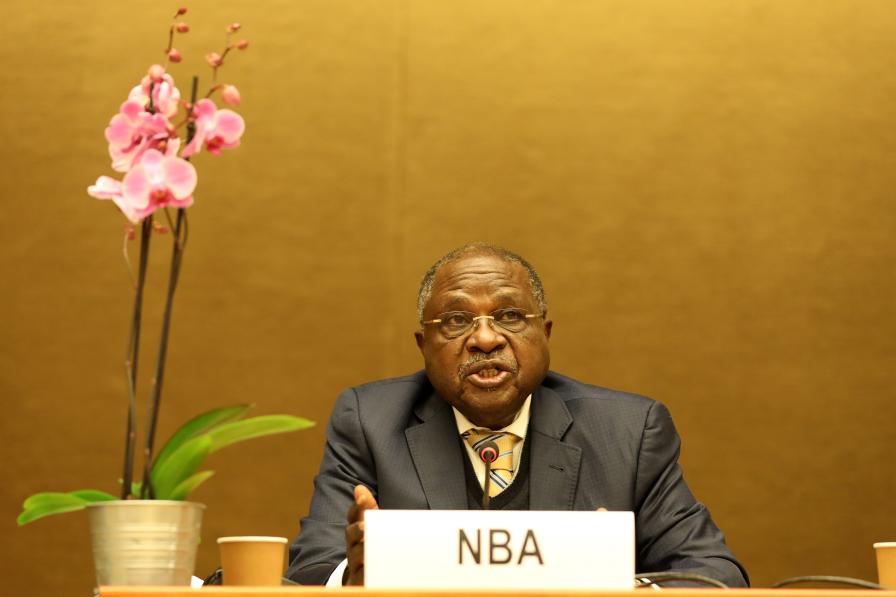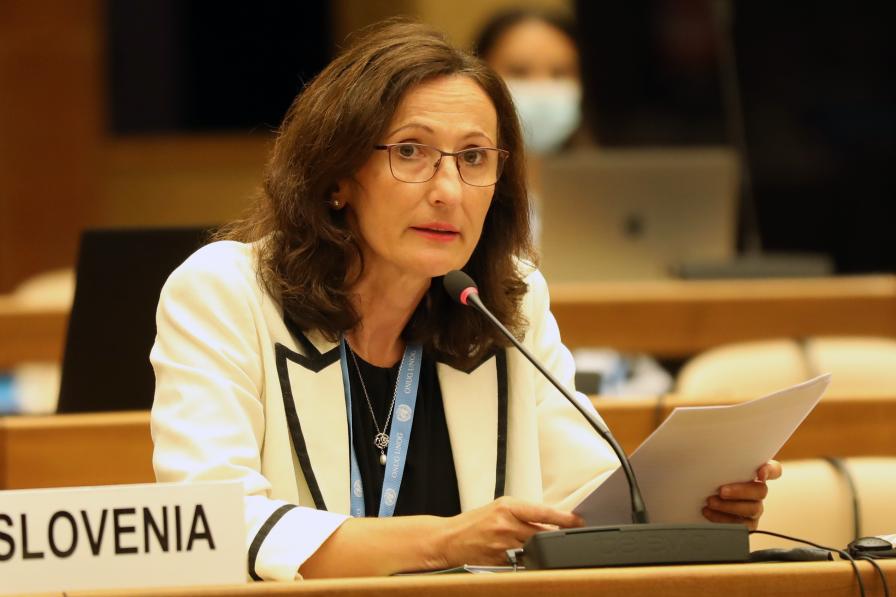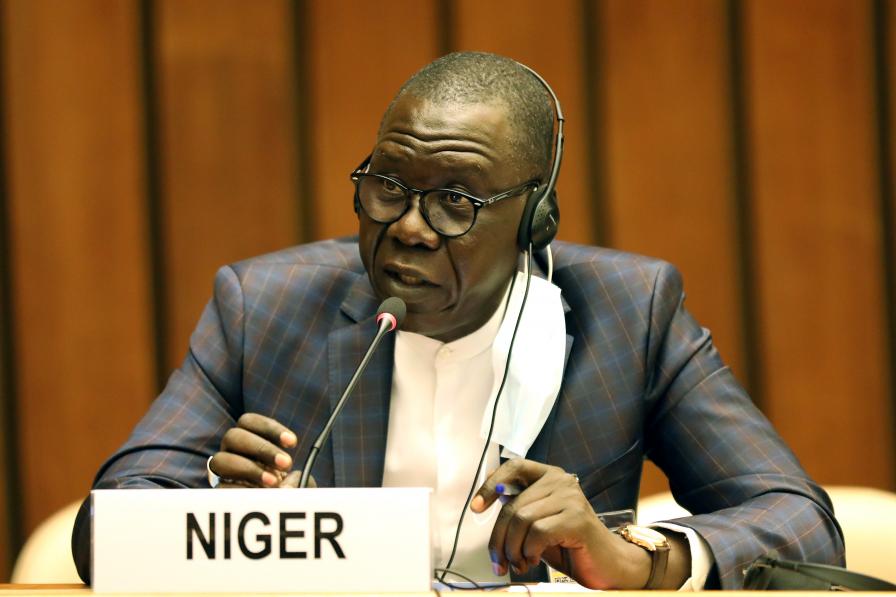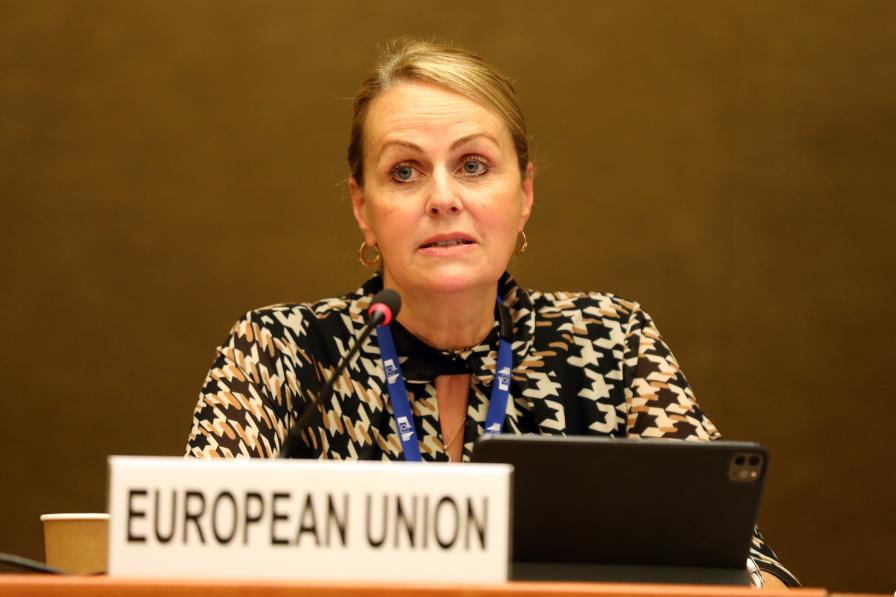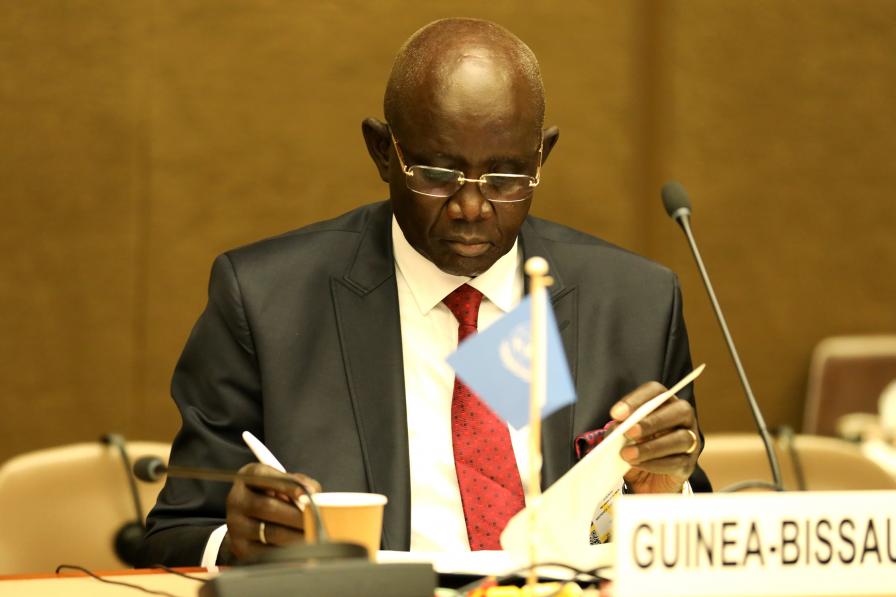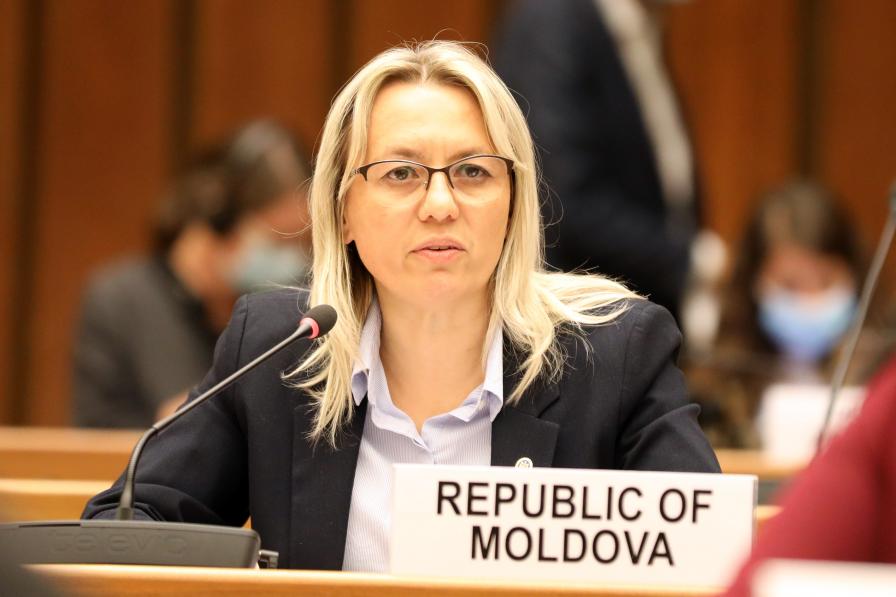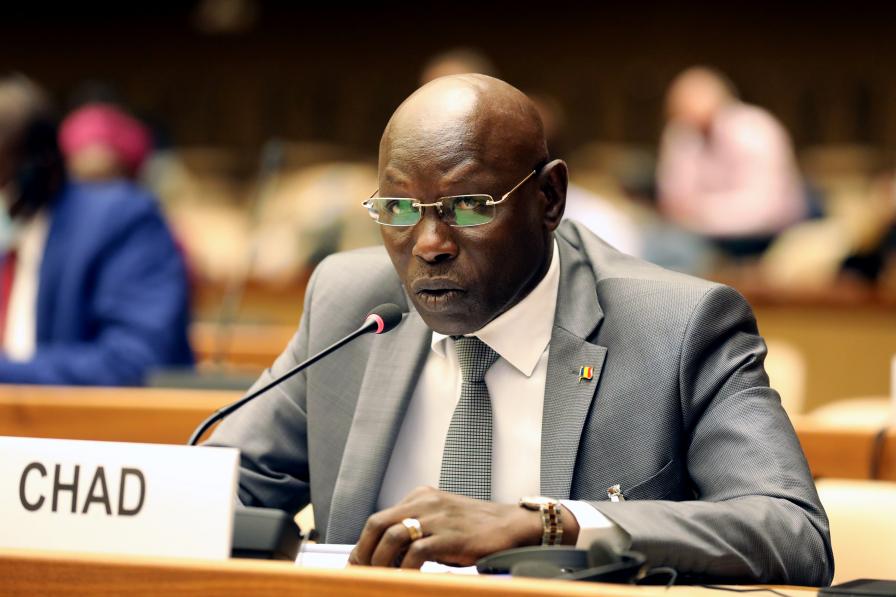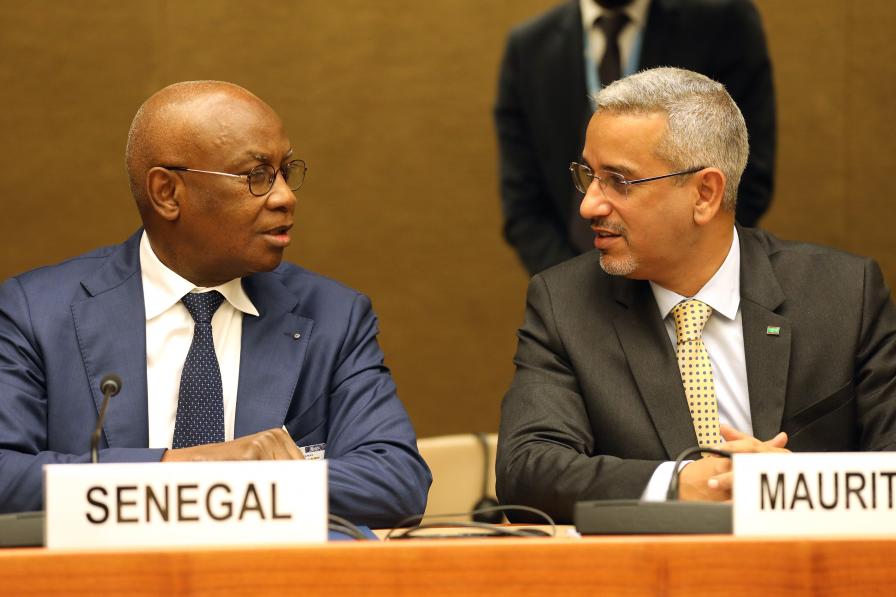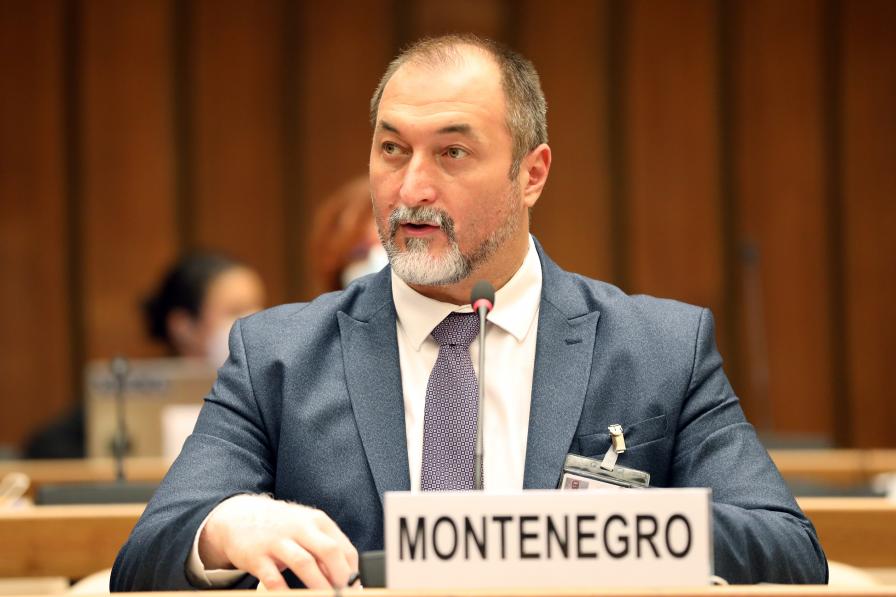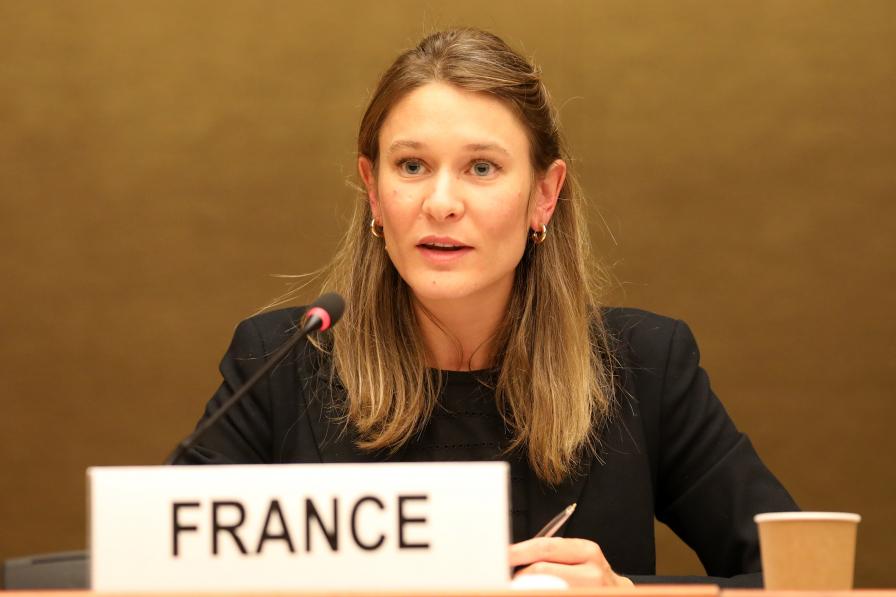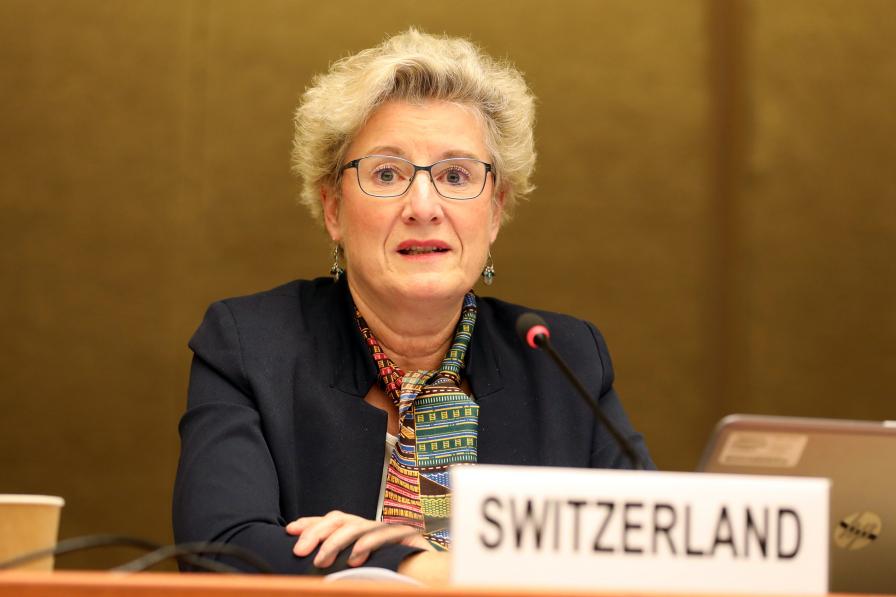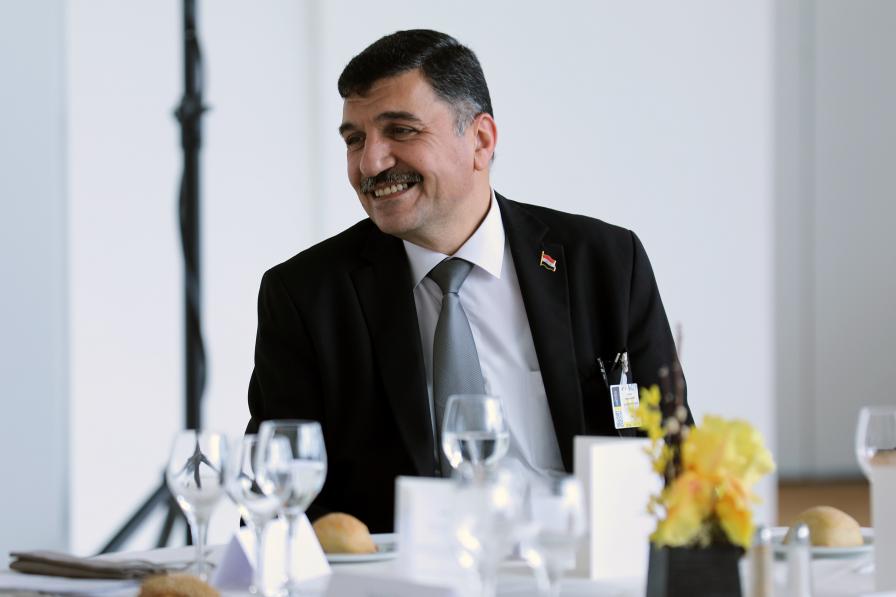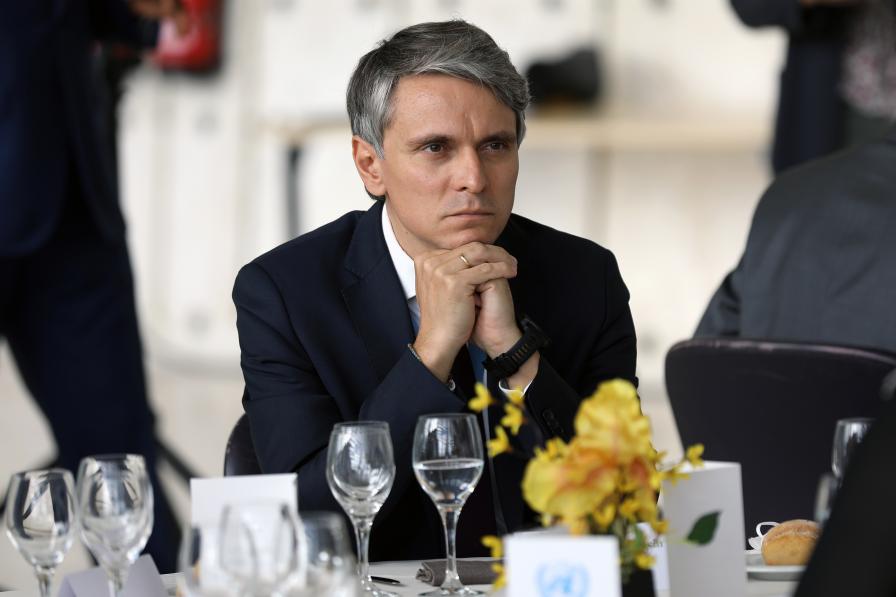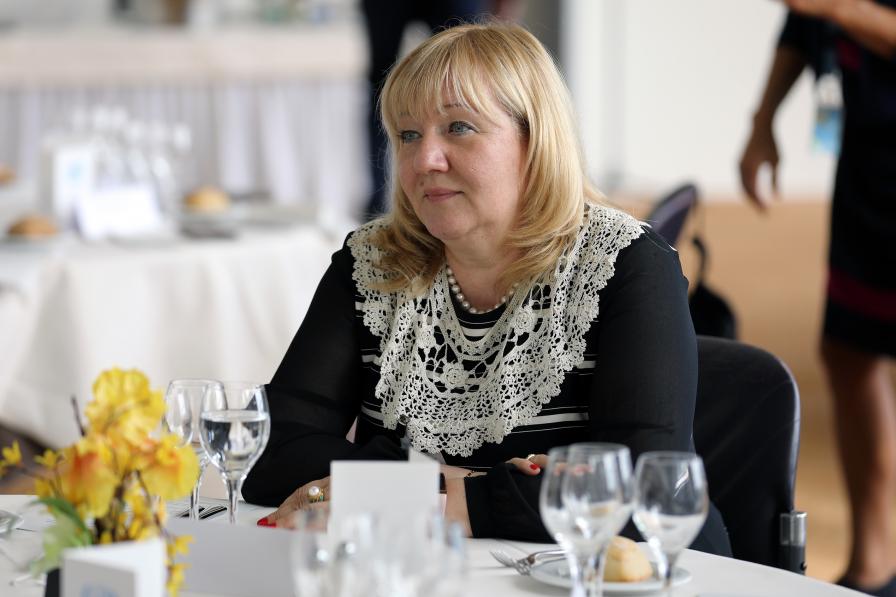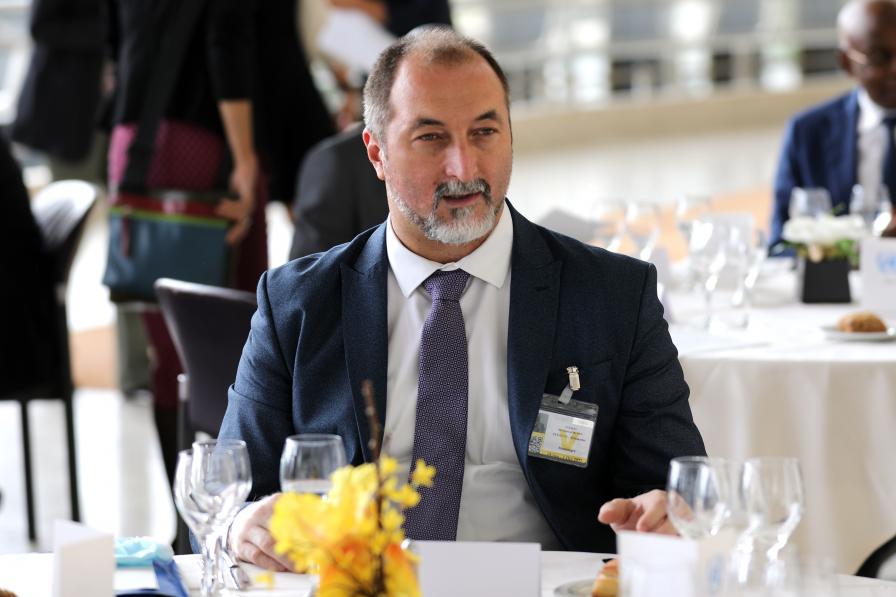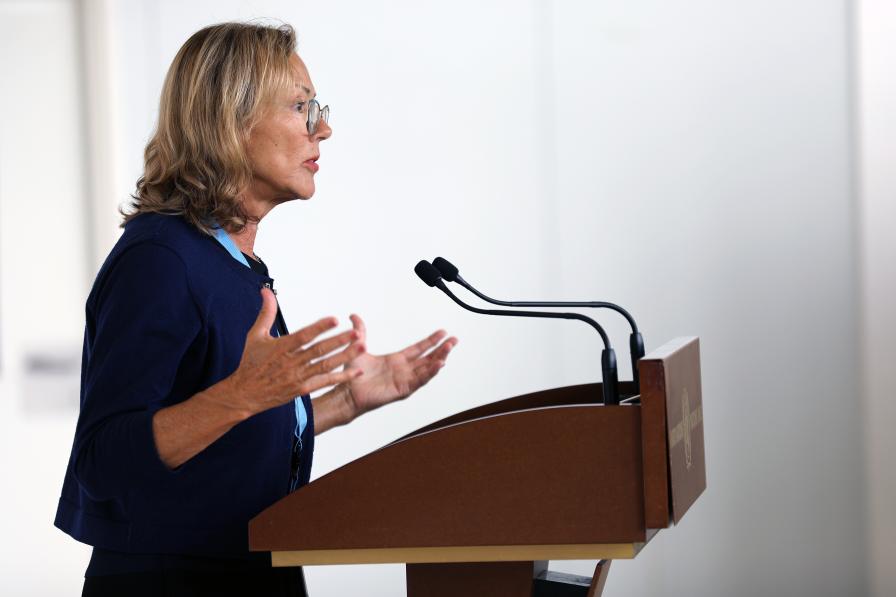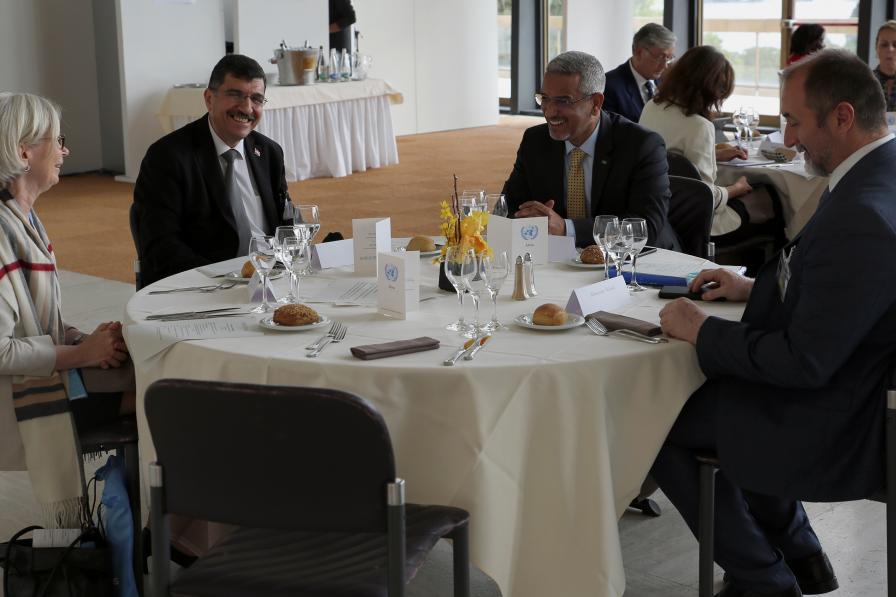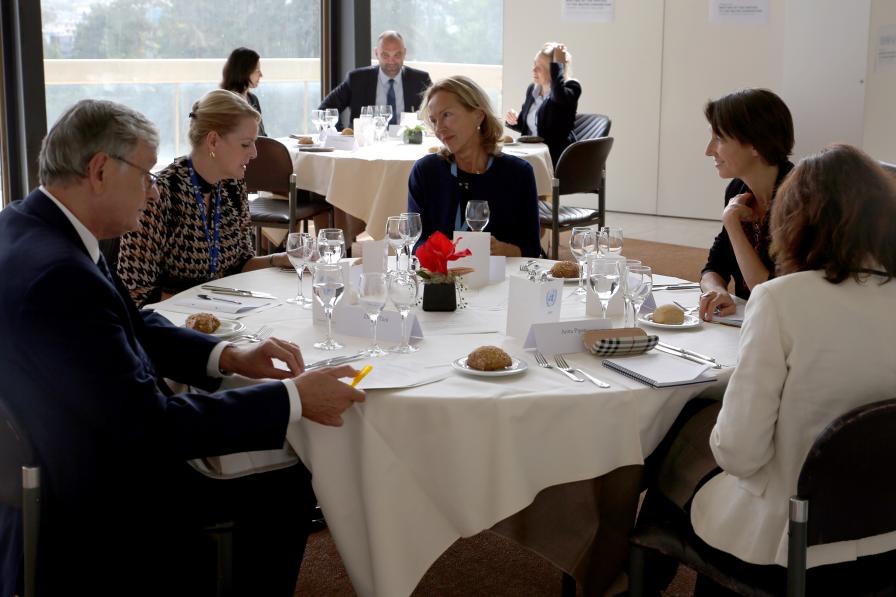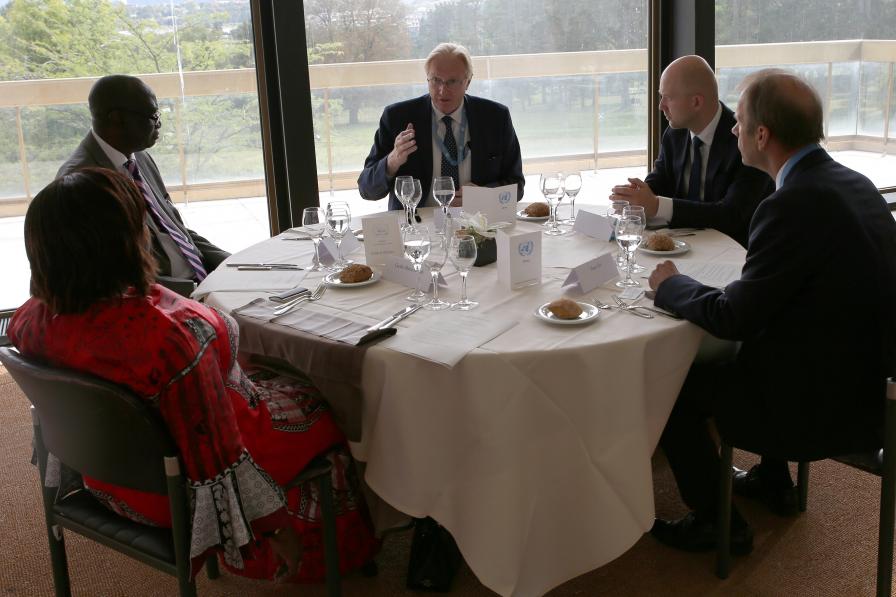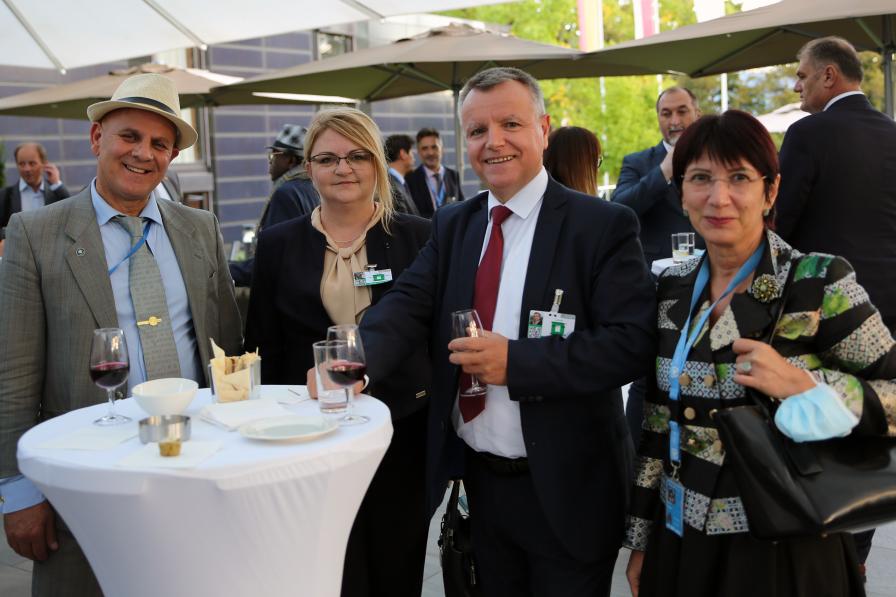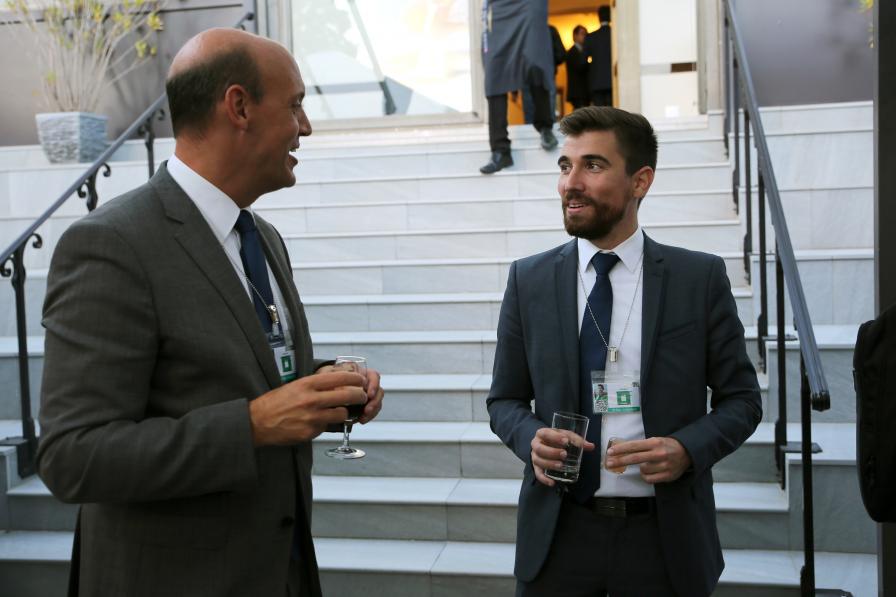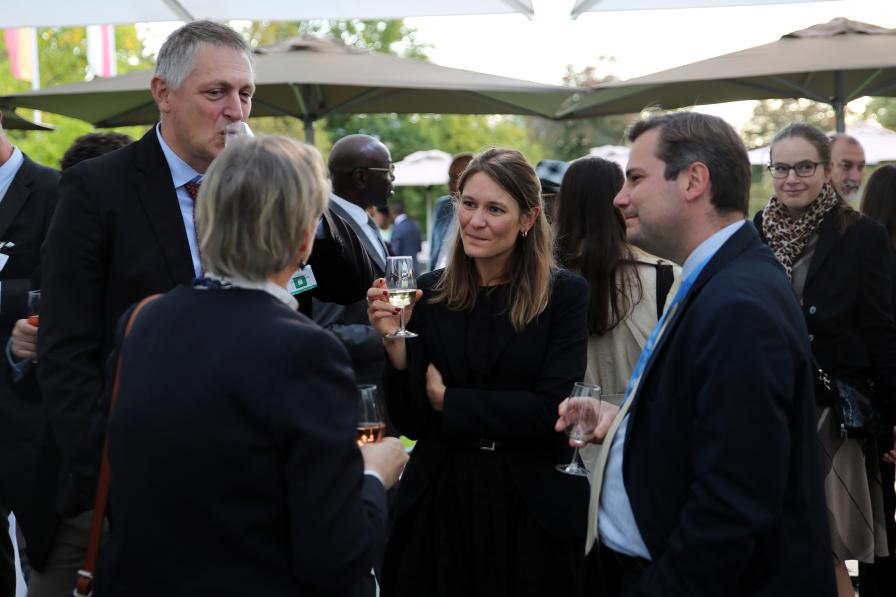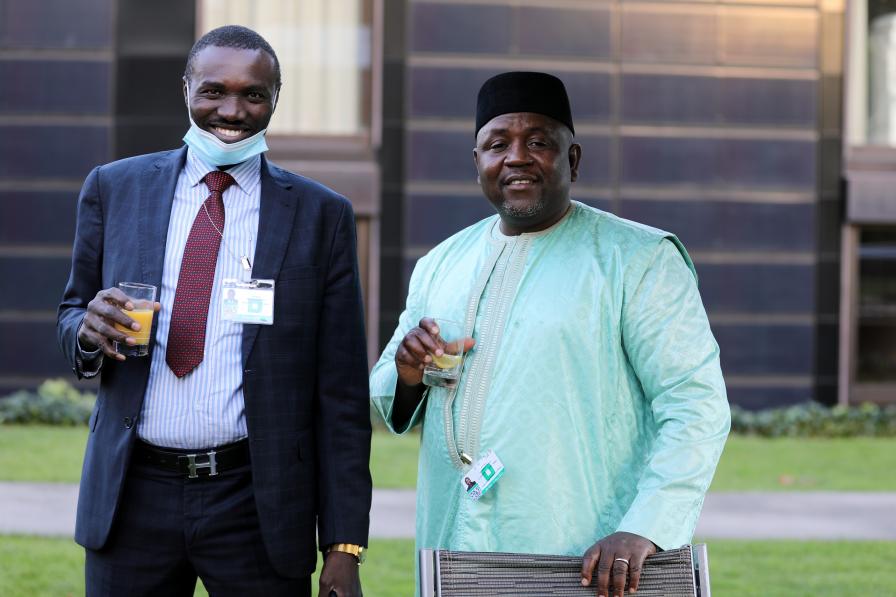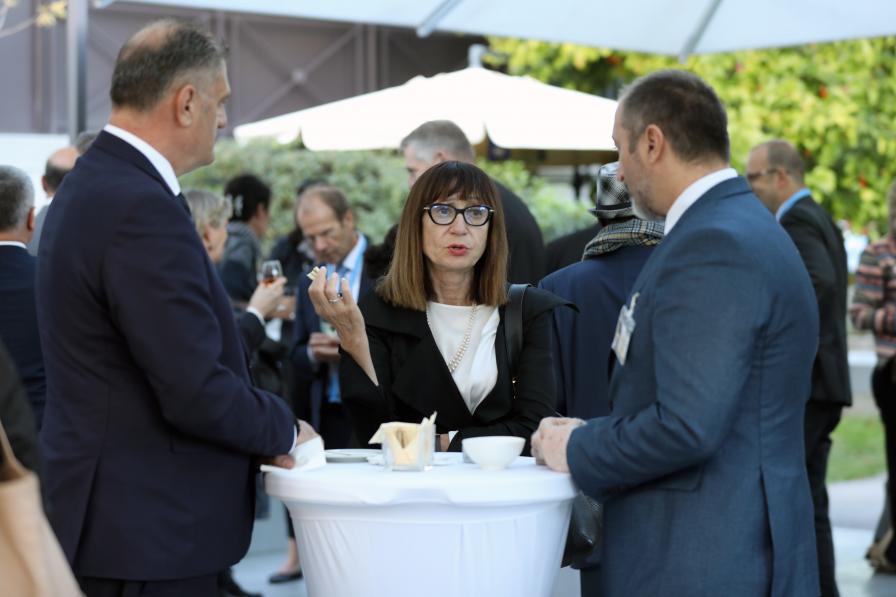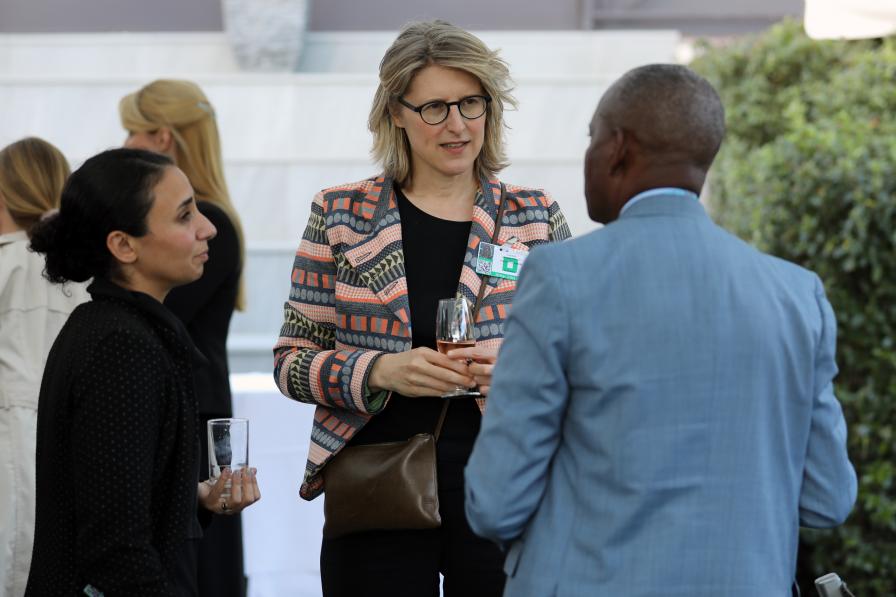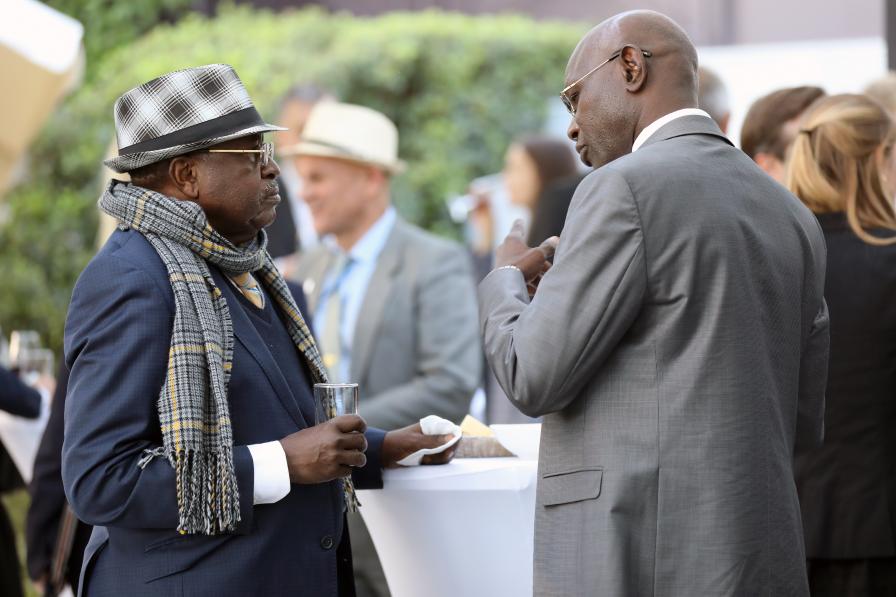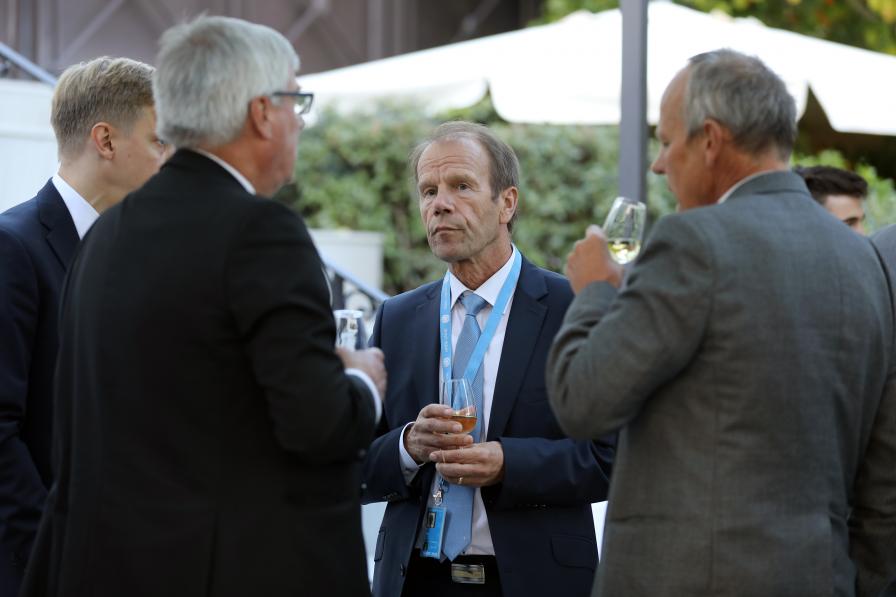The ninth session of the Meeting of the Parties (MOP9) to the Convention on the Protection and Use of Transboundary Watercourses and International Lakes (Water Convention) began deliberations on Wednesday, 29th September 2021. The meeting is organized in a hybrid format, in person and virtually, by the UN Economic Commission for Europe (UNECE) in cooperation with the Government of Estonia. A significant part of the first day of the meeting was devoted to a special, high-level session, held under the theme ‘Water and Peace.’
Highlights of the first day included:
- The high-level special session on water and peace, highlighting the role of water as a catalyst of cooperation;
- The expansion of the Water Convention with Ghana, Guinea-Bissau, and Togo recently acceding to the Convention, and being welcomed as new parties; and
- Ministers from The Gambia, Guinea Bissau, Mauritania, and Senegal signing a Ministerial Declaration on the Senegal-Mauritanian Aquifer Basin, depicting regional cooperation in practice and demonstrating the supportive role of the Water Convention.
Plenary opening
In the morning, Chair Zhanar Aitzhanova, Ambassador Extraordinary and Plenipotentiary, Permanent Representative to the UN Office in Geneva, Kazakhstan opened MOP9 on behalf of Kazakhstan as Chair of the Meeting of the Parties, highlighting that transboundary water cooperation is crucial for peace and sustainable development.
Kersti Kaljulaid, President of the Republic of Estonia, in her video address, highlighted that water basins management needs good communication and data sharing to decrease vulnerability to environmental changes. She referred to the Data for the Environment Alliance (DEAL) as a mechanism to improve cooperation on environmental data and help develop a global, environmental data strategy.
António Guterres, UN Secretary-General, in his address, lamented that progress towards meeting the sustainable development goal (SDG) on water is off-track. He stressed the role of the Water Convention as a powerful tool to advance cooperation, prevent conflicts, and build resilience, and called for greater commitment, courage, and solidarity to move forward transboundary water cooperation.
Serikkali Brekeshev, Minister of Ecology, Geology, and Natural Resources, Kazakhstan, underscored that the proper management of water resources is a key factor to achieve economic growth and social wellbeing, and outlined regional efforts for close collaboration regarding water resources.
Tõnis Mölder, Minister of the Environment, Estonia, stressed that while water is a precondition for development, it is simultaneously a potential driver of conflict. He noted that transboundary water cooperation on climate change adaptation, not only prevents negative impacts, but can also make adaptation more effective and efficient. He expressed appreciation for the role of the Water Convention in promoting SDGs implementation, conflict prevention, peace and regional integration.
Olga Algayerova, UNECE Executive Secretary and UN Under-Secretary-General, underscored transboundary waters as a global public good, requiring effective governance. She highlighted benefits of the global opening of the Convention, welcomed new parties, and drew attention to expected outcomes of MOP9, including the programme of work 2022-2024, the handbook on water allocation in a transboundary context, and the work on financing transboundary water cooperation.
High-level special session
The high-level special session on “Water and Peace,” moderated by Danilo Türk, Chair of the Global High-Level Panel on Water and Peace, former President of the Republic of Slovenia, highlighted the role of transboundary water cooperation in building trust, stability, and peace. The session provided a high-level platform for open dialogue on the role of water in sustainable development, regional integration, and peace in transboundary basins and beyond.
Three high-level panels addressed:
- Transboundary water cooperation as key for regional peace and stability;
- The role of the Water Convention in fostering peace; and
- Efforts to accelerate achievement of SDG 6 on clean water and sanitation.
On transboundary water cooperation for peace and stability, Pekka Haavisto, Minister for Foreign Affairs, Finland, drew attention to Finland’s commitment to transboundary water diplomacy and shared his experience as an envoy addressing the issues around the Grand Ethiopian Renaissance Dam and the Nile Basin. Jüri Ratas, President of the Parliament, Estonia, cited differing legal and institutional frameworks as obstacles to reaching agreements on transboundary water cooperation. Serigne Mbaye Thiam, Minister of Water and Sanitation, Senegal, provided an overview of the transboundary water cooperation agreements in his country, underscoring their importance as a source of peace, security, and development.
Mahdi Rashid Al-Hamdani, Minister of Water Resources, Iraq, confirmed his country’s intention to accede to the Water Convention and lamented water insecurity in the region, which negatively impacts peace and security, also highlighting recent positive developments in cooperation with neighboring countries. Abderahim Bireme Hamid, Executive Secretary, Niger Basin Authority (NBA), said the NBA uses a multisectoral approach to improve peace and security, including promoting development tools to better manage water resources of the Niger River.
On the role of the Water Convention in fostering peace, Cecilia Abena Dapaah, Minister of Sanitation and Water Resources, Ghana, emphasized that water can be a catalyst for cooperation, thereby fostering trust and peace. She underscored the role of the Convention as a vital instrument for managing transboundary water resources and described the efforts of her country to implement the Convention through a dedicated national plan. Shavkat Khamraev, Minister of Water Resources, Uzbekistan, highlighted the Convention’s role in preventing conflicts in Central Asia, noting that the Interstate Commission for Water Coordination has been established by five countries of the region, yielding positive results.
Florika Fink-Hooijer, Director-General, DG Environment, European Commission, emphasized that EU water diplomacy makes links between water, security, and peace, noting that the EU will continue to support global expansion of the Convention’s membership. Dario Soto-Abril, Executive Secretary, Global Water Partnership, highlighted climate change, lack of proper governance mechanisms and lack of willingness to cooperate as challenges, and advocated bringing stakeholders together, co-financing, and implementing joint projects. Attila Tanzi, Chair, Implementation Committee of the Water Convention, noted the Committee’s aim is to steer parties towards cooperative implementation of the Convention and highlighted recent positive outcomes of an advisory procedure facilitated by the Committee.
On efforts to accelerate achievement of SDG 6, Gilbert Houngbo, President, International Fund For Agricultural Development (IFAD), Chair of UN-Water, called for transboundary cooperation on aquifers, and stated the 2023 UN Conference on the Water Action Decade will be a watershed moment for accountability for all in meeting SDG 6. Olga Algayerova, UNECE Executive Secretary and UN Under-Secretary-General, spoke on the second progress report on SDG indicator 6.5.2 (proportion of transboundary basin area with an operational arrangement for water cooperation), saying key take-aways include that only 24 out of 129 reporting countries achieved the target in 2020, and efforts will have to be quadrupled to meet the target at global level by 2030. Xing Qu, UN Educational, Scientific and Cultural Organization (UNESCO) Deputy-Director-General, urged recognizing the importance of shared groundwater resources, stating that knowledge on transboundary aquifers has stagnated whereas knowledge on transboundary lakes and rivers has advanced.
David Choquehuanca Céspedes, Vice President of Bolivia noted that there is no silver bullet to solve the problems, urging for partnerships to defend Mother Earth. He stressed that to solve the environmental and water crises, we need to tackle the root causes and support the culture of life, recognizing the human right to water. Peter Thomson, UN Secretary’s General’s Special Envoy for the Ocean, underscored that the UN provides platforms to facilitate dialogue between freshwater and saltwater communities, highlighting in that respect the UN Ocean Conference to be held in Lisbon, Portugal, in 2022. Jennifer Sara, Global Director, Water Global Practice, World Bank, stressed the Bank’s approach to build foundations that enable cooperation starting with national-level activities, promoting dialogue on technical issues, and connecting global knowledge and experiences. Tatyana Bokova, Deputy Head, Federal Agency for Water Resources, Russian Federation, highlighted cooperative efforts with neighboring countries and expressed the commitment of her country to continue supporting the strengthening of the global status and international image of the Convention.
Panel discussions were followed by statements from the floor by high level speakers from over 20 countries and partners.
Signature of the declaration on the Senegal-Mauritanian Aquifer Basin
The ministers of riparian countries of the Senegal-Mauritanian Aquifer Basin (SMAB) namely The Gambia, Guinea-Bissau, Mauritania, and Senegal signed a joint ministerial declaration to advance transboundary cooperation in the SMAB. The declaration lays the foundations for the launch of a negotiation process to define the long term legal and institutional framework for cooperation. The process was facilitated by the Water Convention Secretariat, together with the Geneva Water Hub and the International Groundwater Resources Assessment Centre (IGRAC), and followed the request from Senegal made upon accession to the Water Convention in 2018.
To receive free coverage of global environmental events delivered to your inbox, subscribe to the ENB Update newsletter.
Selected Images from the Meeting
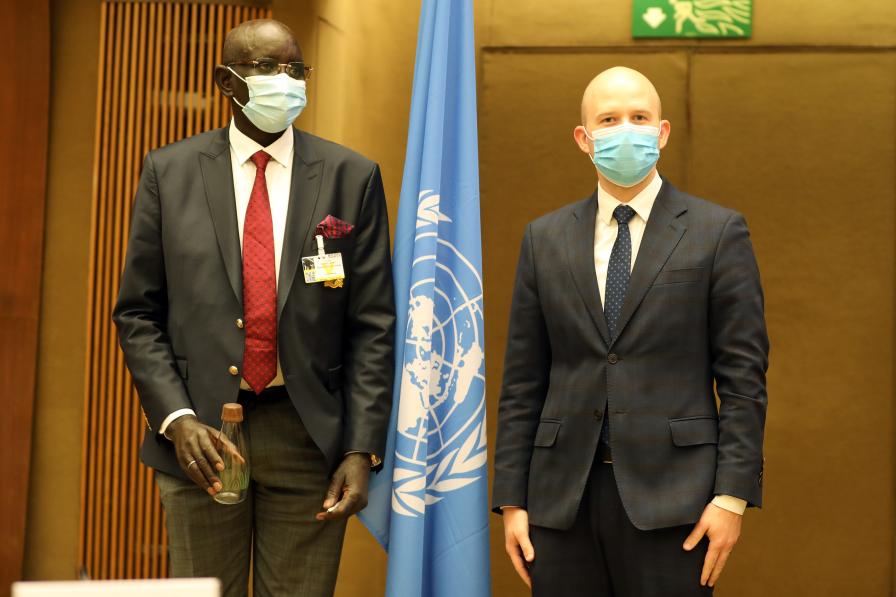
Orlando Mendes Viegas, Minister of State for Natural Resources and Energy, Guinea-Bissau and Tõnis Mölder, Minister of the Environment, Estonia
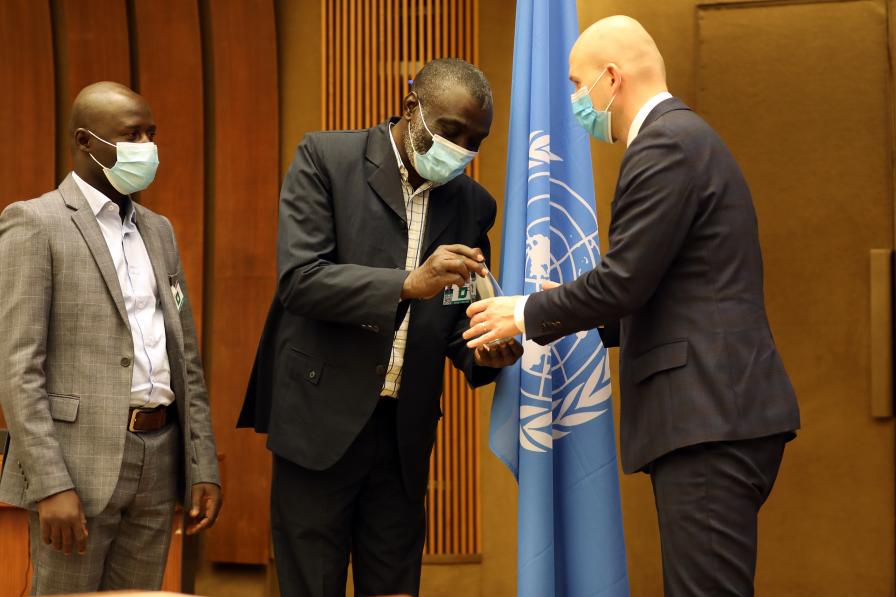
Representatives from Togo receiving a symbolic welcoming gift from Tõnis Mölder, Minister of the Environment, Estonia
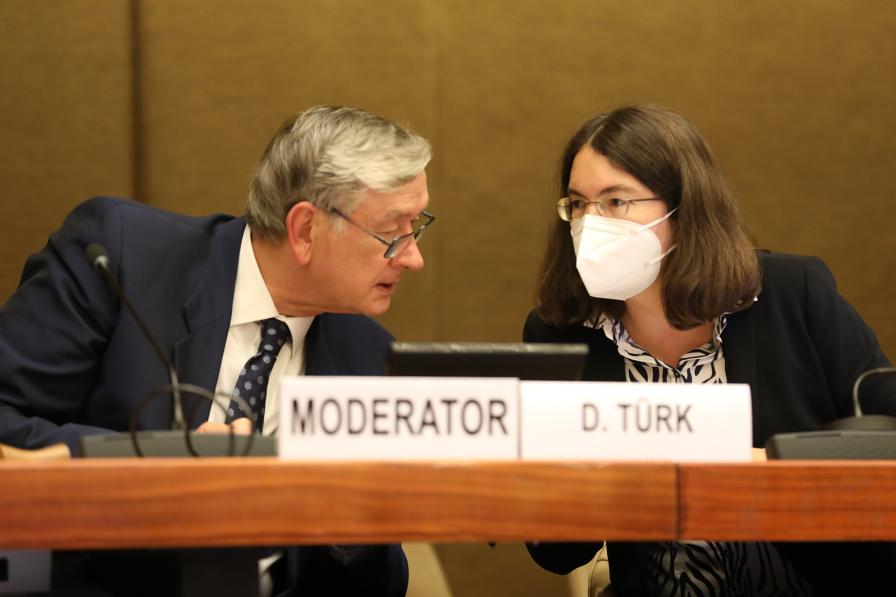
Moderator Danilo Türk, Chair of the Global High-Level Panel on Water and Peace, former President of the Republic of Slovenia, and Sonja Koeppel, Secretary of the Water Convention
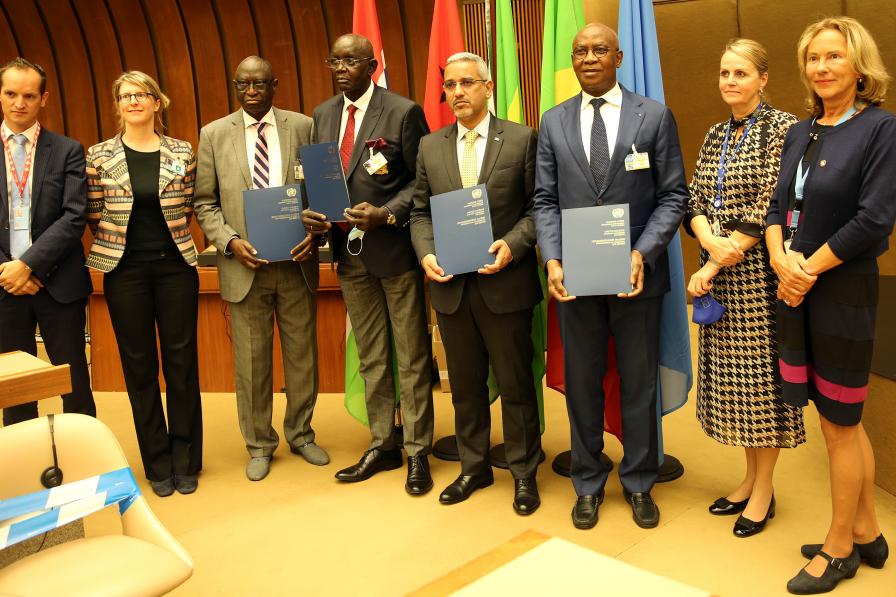
The Gambia, Guinea-Bissau, Mauritania and Senegal signed a joint ministerial declaration to advance transboundary cooperation in the Senegal-Mauritanian Aquifer Basin (SMAB)
